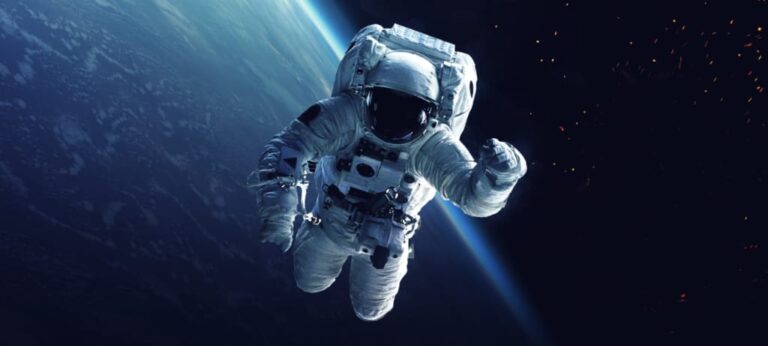Space exploration is the investigation of physical space and the universe beyond Earth’s atmosphere using space technologies and spacecraft. It includes the search for new knowledge about the universe, the study of celestial bodies and phenomena, and the development of new technologies for space travel. The goals of space exploration are scientific, technological, and commercial, and it has driven advancements in fields such as engineering, physics, and astronomy. Space exploration has been carried out by both national and private organizations, and has been a major focus of human endeavor for several decades.
1957 – Launch of Sputnik 1: The first artificial satellite was launched into orbit by the Soviet Union, marking the beginning of the Space Age.
1961 – First human in space: Yuri Gagarin became the first human to journey into space aboard Vostok 1.
1963 – First woman in space: Valentina Tereshkova of the Soviet Union, who orbited the Earth 48 times in the Vostok 6 spacecraft.
1969 – Apollo 11: NASA’s Apollo 11 mission successfully landed astronauts Neil Armstrong and Edwin “Buzz” Aldrin on the moon, becoming the first humans to set foot on another celestial body.
1971 – First Space Station: Salyut 1 became the first space station to be launched into orbit, marking the beginning of long-duration human spaceflight.
1986 – Challenger disaster: The Space Shuttle Challenger exploded during liftoff, killing all seven crew members and temporarily halting NASA’s shuttle program.
1991 – Launch of the Hubble Space Telescope: The Hubble Space Telescope was deployed into orbit, giving astronomers a powerful tool for studying the universe.
1998 – Launch of the International Space Station: The first module of the International Space Station was launched, marking the beginning of continuous human habitation in space.
2004 – Mars Rovers: NASA’s Mars Rovers, Spirit and Opportunity, landed on the Red Planet and sent back valuable data and images.
2008 – Space X becomes the first privately funded company to send a spacecraft, the Falcon 1, to orbit.
2011 – Retirement of the Space Shuttle: After 30 years of service, NASA’s Space Shuttle program was retired, leaving the United States without a manned spacecraft for several years.
2012 – Space X Dragon spacecraft becomes the first commercial spacecraft to dock with the International Space Station.
2014 – Philae lands on a comet: The European Space Agency’s Rosetta spacecraft successfully deployed its lander, Philae, onto the surface of comet 67P/Churyumov-Gerasimenko.
2016 – Launch of the James Webb Space Telescope: The James Webb Space Telescope is set to replace the Hubble Space Telescope and provide even more detailed views of the universe.
2020 – Space X successfully launches two astronauts to the International Space Station as part of its Demo-2 mission, marking the first time that a privately-built spacecraft has carried humans into orbit.
